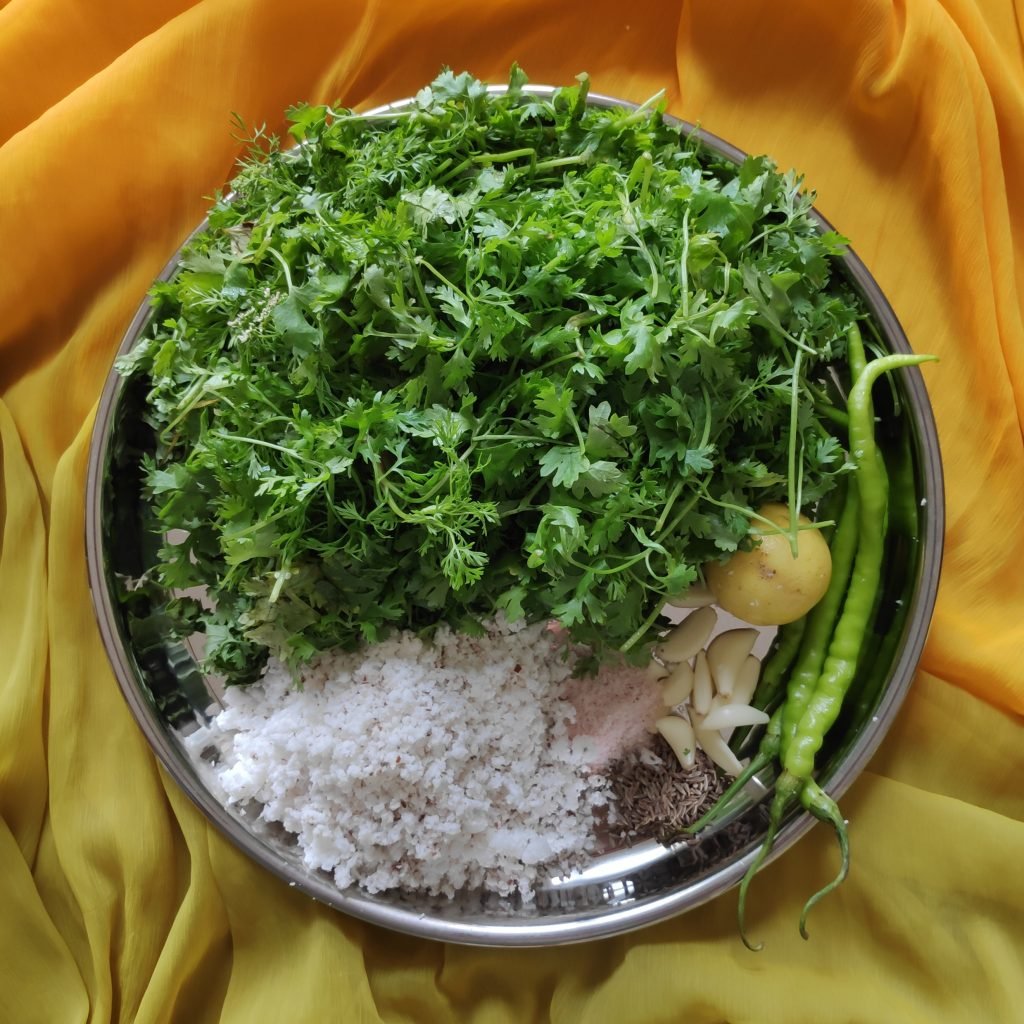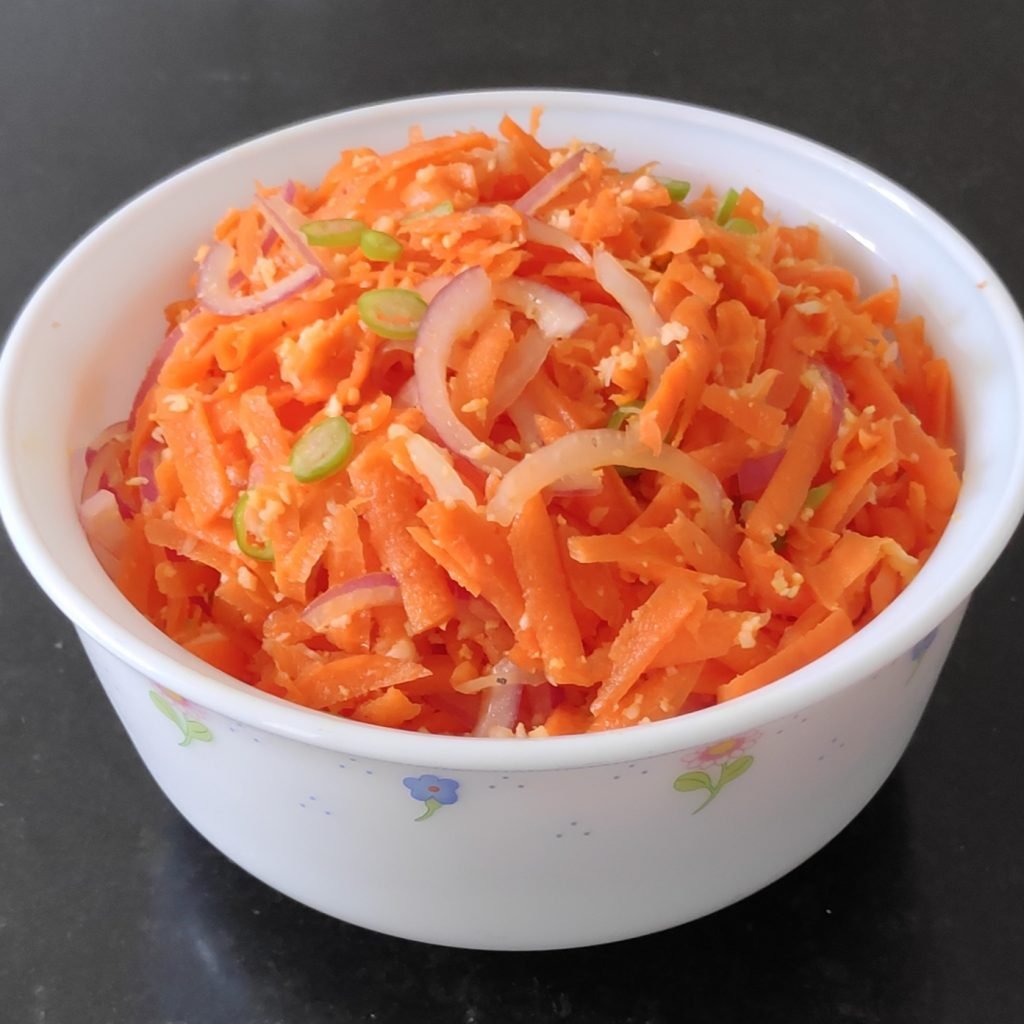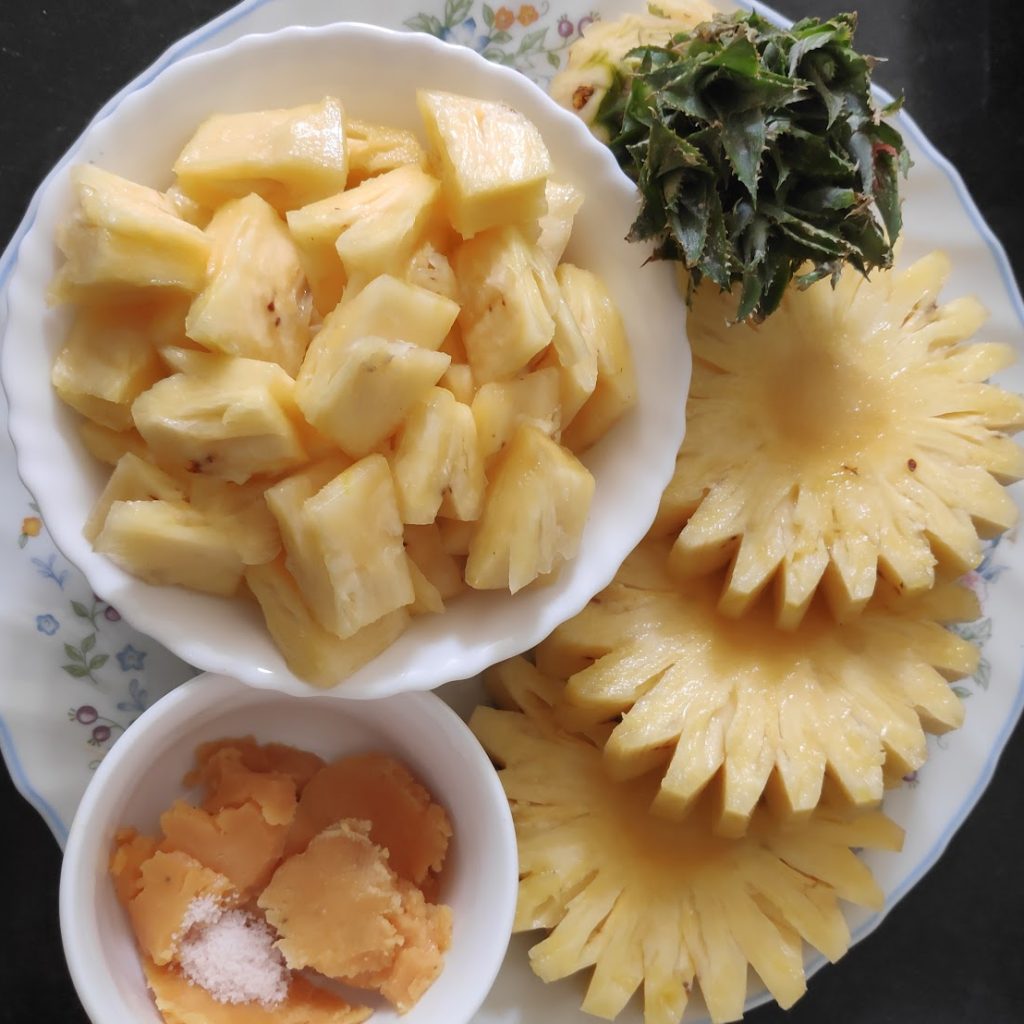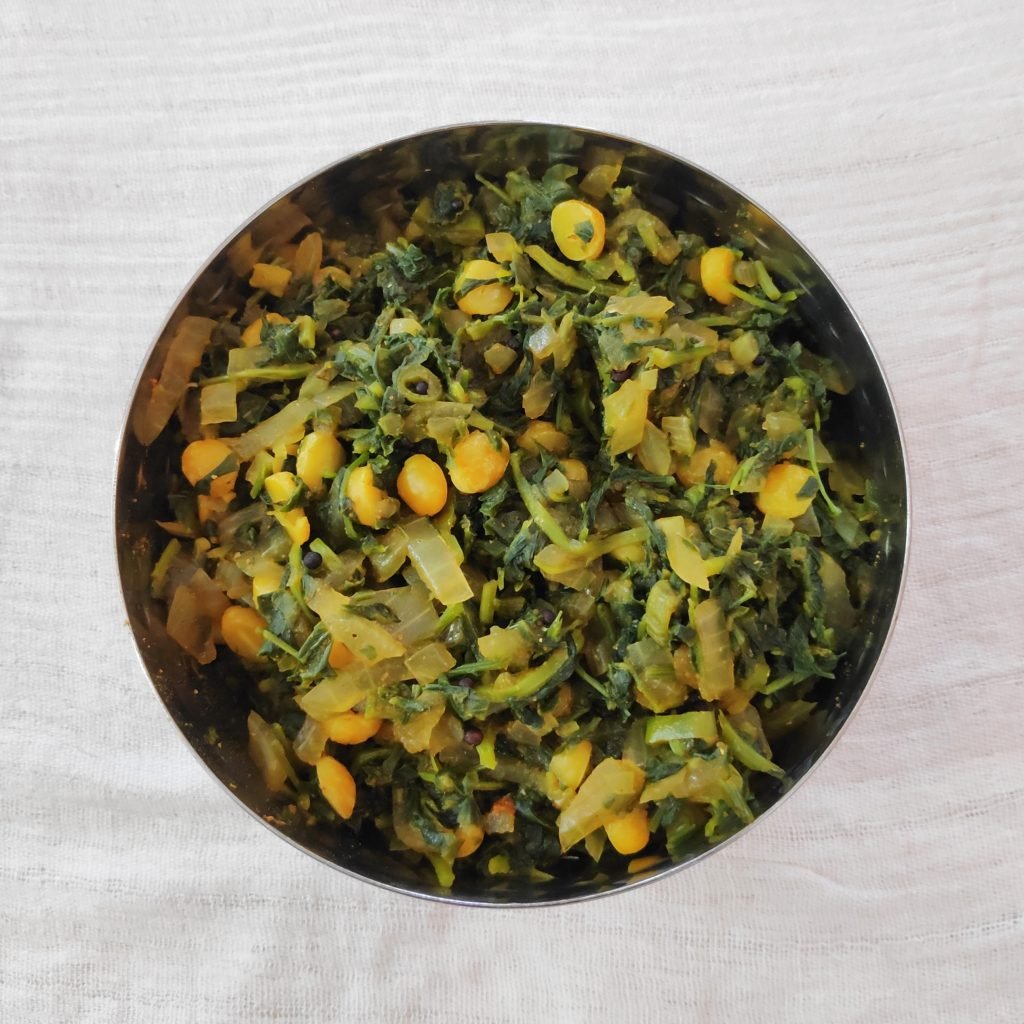Mangoes are a great source of various nutrients, including vitamins A and C, folate, fiber, and copper. They are also relatively low in calories and fat. The body converts the beta-carotene in mangoes into vitamin A, which may help improve vision, skin health, and immune function. Vitamin C is a great antioxidant that may help reduce the rate of aging. The folate (a B vitamin) in mangoes assists cell growth and development, particularly during pregnancy. Mangoes also contain copper, a mineral that plays a role in energy production, nerve function, and immune health. The most ignored component in our nutrition is fibre which is very important for digestion and bowel movement. It also helps regulate blood sugar so is great for diabetics and mangoes are a good source of this dietary fiber. Coconut is high in fat and calories while moderate in carbs and protein. Most of the fats are medium-chain triglycerides (MCTs), which are absorbed intact in the small intestine and used by the body to produce energy. It’s the high content of manganese in coconut that not only supports enzyme function but also fat metabolism. The copper in coconut helps bone formation and heart health. Apart from manganese and copper, coconut is also rich in other minerals like selenium, phosphorus, potassium, and iron. Coconut contains a very high amount of insoluble fibre that doesn’t get digested but works to move food through the digestive system and helps bowel health.





